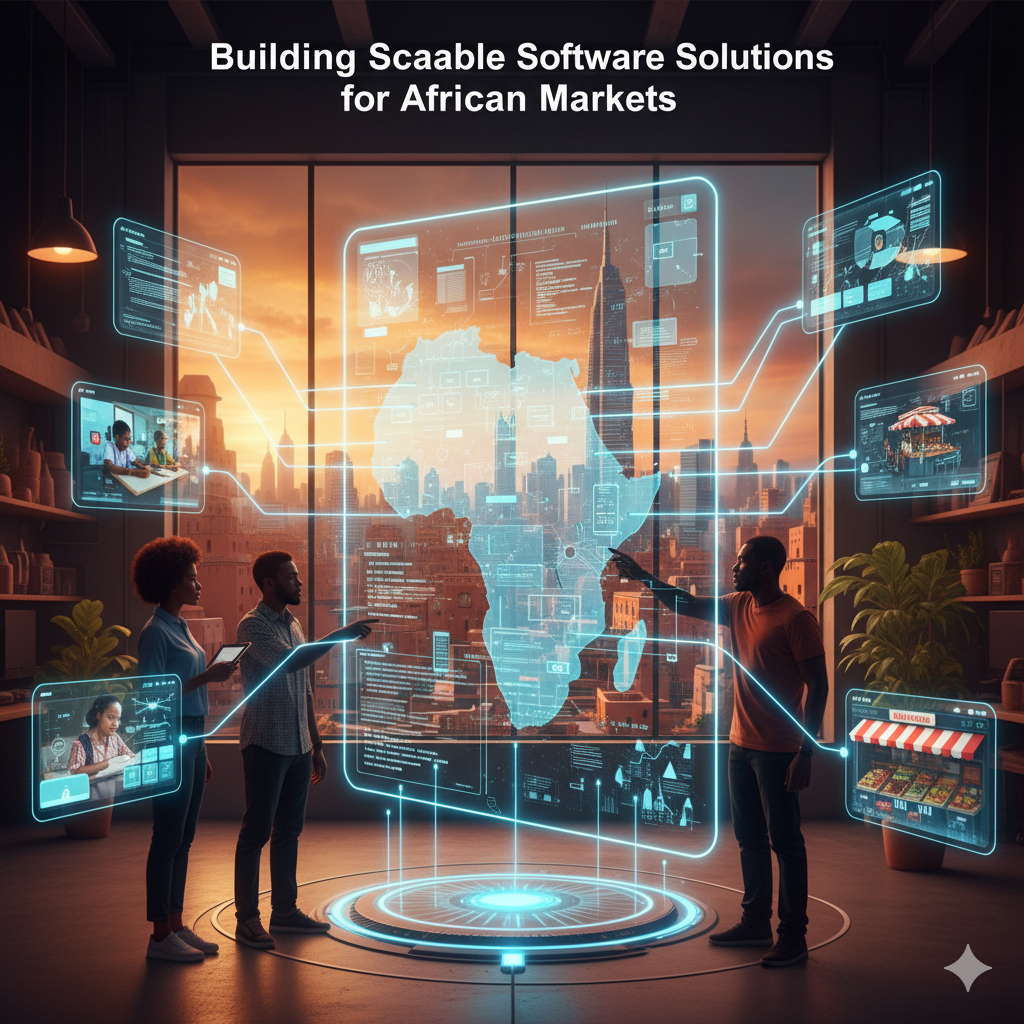-
 Gaming Computer
1 ×
$940.00
Gaming Computer
1 ×
$940.00
-
 Smartphone Vivo V9
1 ×
$899.00
Smartphone Vivo V9
1 ×
$899.00
-
 SanDisk Flash Drive
1 ×
$756.00
SanDisk Flash Drive
1 ×
$756.00
-
 Smart Power Bank
1 ×
$723.00
Smart Power Bank
1 ×
$723.00
-
 Apple Smartwatch
1 ×
$1080.00
Apple Smartwatch
1 ×
$1080.00
Subtotal: $4398.00

 By ADDNET Team
By ADDNET Team
James Okonkwo
As a software engineer in Lagos, I appreciate this deep dive into African-specific development challenges. The section on mobile-first development really resonates - we often have to optimize for 2G networks!
Patricia Mwangi
Excellent article! The payment integration insights are spot-on. We struggled with this in our startup until we prioritized mobile money. M-Pesa integration increased our conversions by 3x in Kenya.
Emmanuel Addai
Same experience here in Ghana! MTN Mobile Money is essential. Traditional payment methods just don't work for most of our users.
Rachel Ndlovu
ADDNET clearly knows what they're talking about. The scalability considerations section should be required reading for anyone building software in Africa. Localization goes way beyond just language translation!